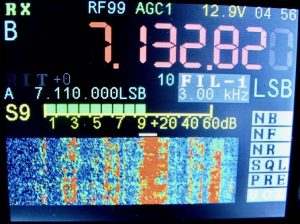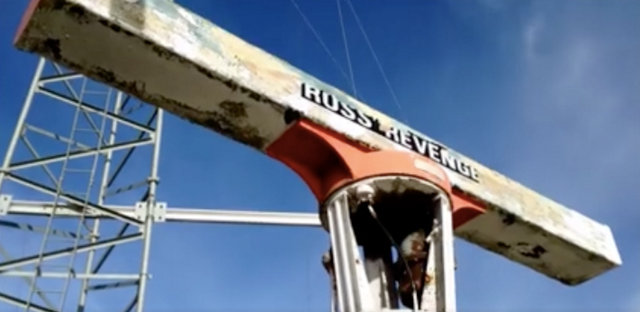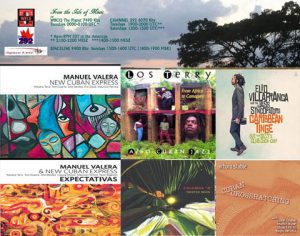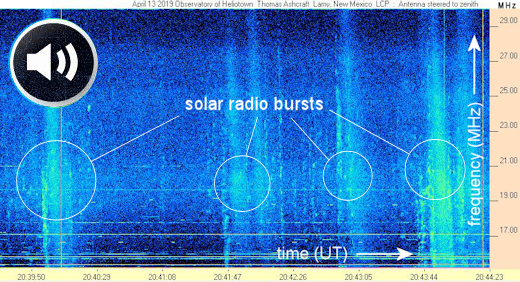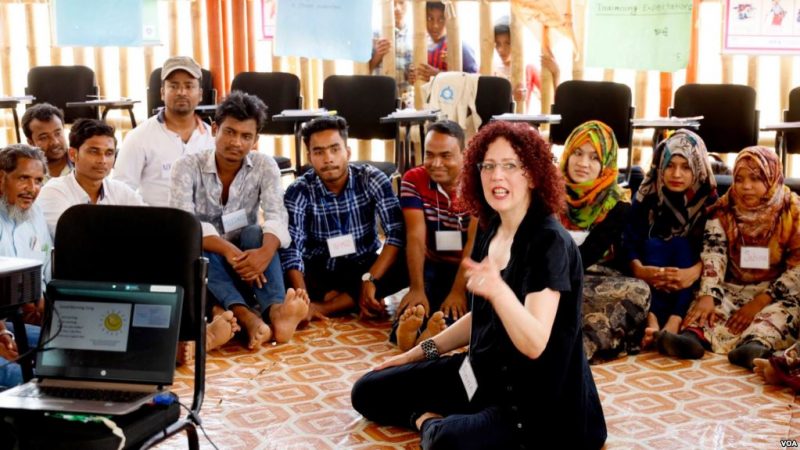There’s a new QRP transceiver on the market: the twelve band ALT-512 by Aerial-51.
At first glance, you’ll see a similarity between the ALT-512 and the LnR Precision LD-11/Aerial-51 SKY-SDR. The LD-11 and SKY-SDR, are very similar, save the LD-11 is marketed to North America (via LnR) and the SKY-SDR to Europe. The SKY-SDR had several iterative upgrades, most importantly the dual-threaded software used in the firmware, which cut CPU latency in half. Both the LD-11, SKY-SDR and now the ALT-512 are made in Europe.
Click here to read my review of the LnR Precision LD-11.
According to Aerial-51, the new ALT-512 is built on the LD-11/SKY-SDR platform, has the same chassis design but has many improvements over the SKY-SDR:
- 4m Band
- 2.4 in. Color Display
- Improved receiver pre-amplifier
- 2 transistors in the transmitter PA (was 1)
- Waterfall in addition to the Pan-Adapter Bandscope
- 4 additional front-panel buttons
- User friendly front-panel adjustment of often used parameters (formerly embedded within the software menu)
- FULL TS-2000 command set implementation
- Built-in Sound Card; Digi Modes run using only one USB-2 cable connected to the PC. No additional hardware required.
If the ALT-512 performs as well as or better than its predecessor, it’ll certainly be a great little QRP radio.
Pricing has not yet been posted, but Aerial-51 plans to make this transceiver available in the next few weeks.
Click here to check out the ALT-512 on the Aerial-51 website.


